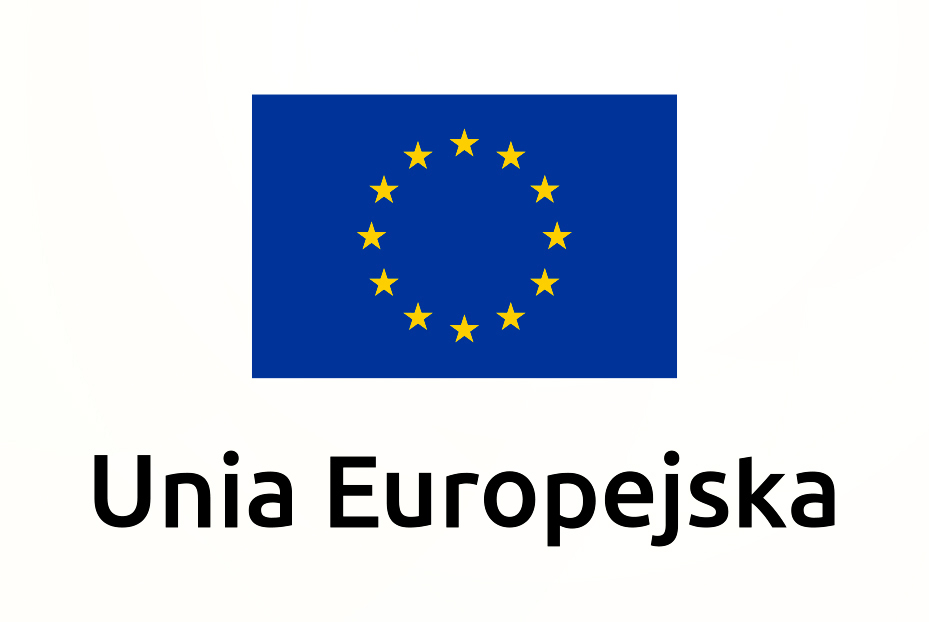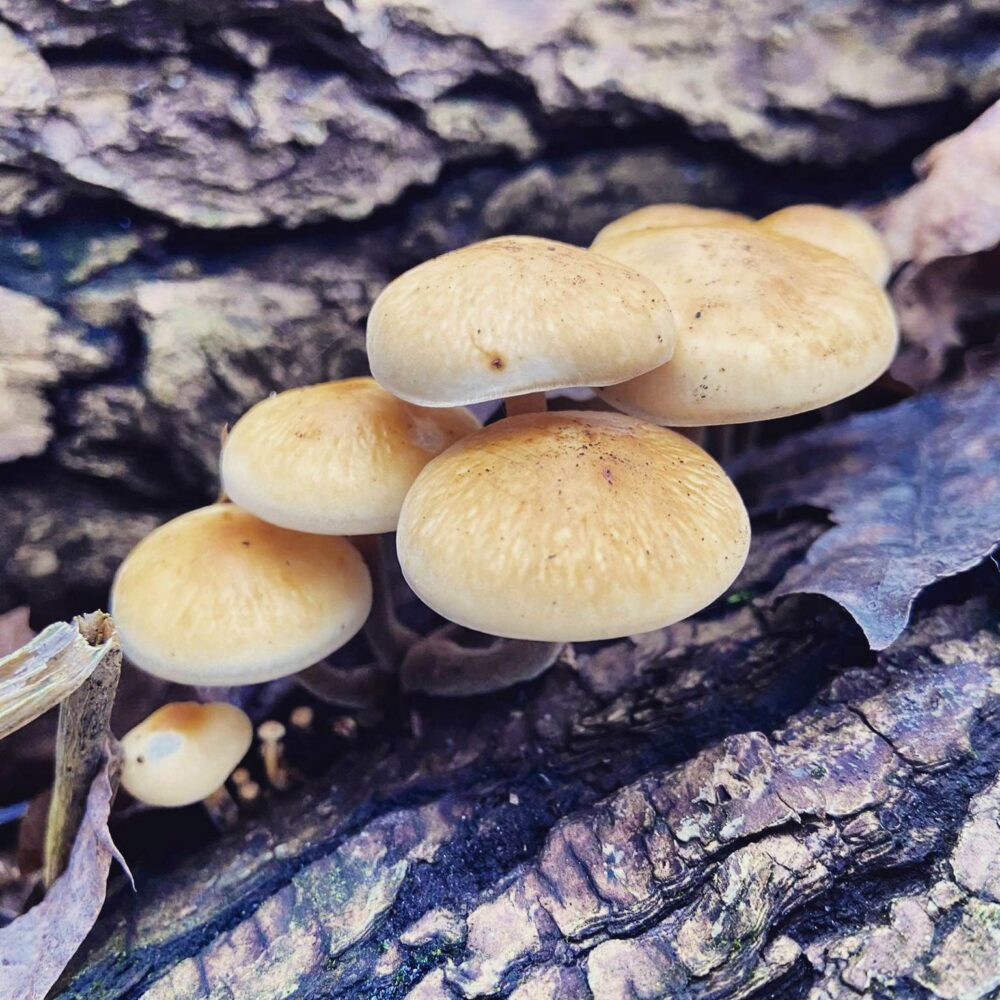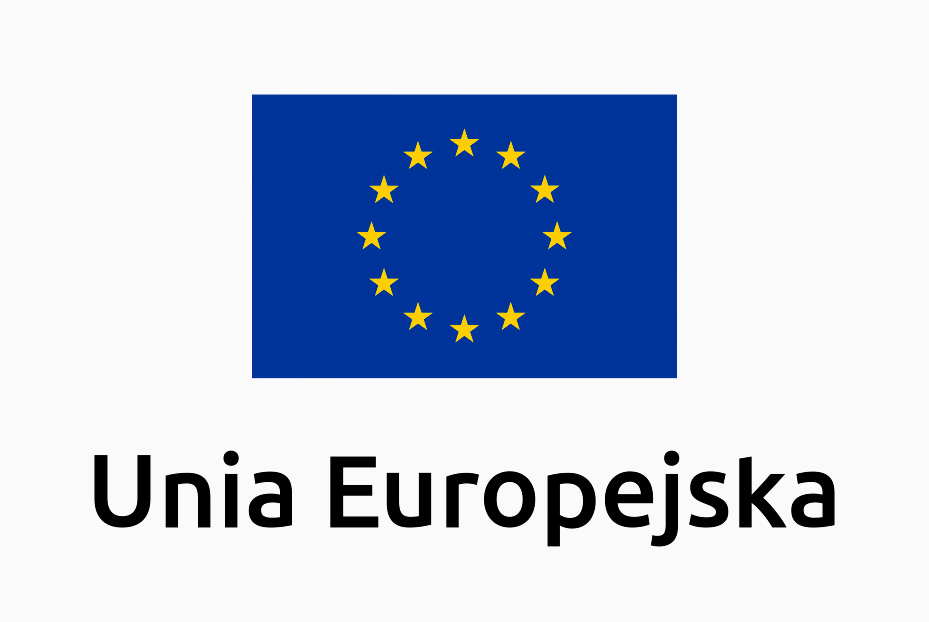Lake Rusałka in Poznań, or reservoir that dams Stream Bogdanka, was created during the German occupation, between 1941 and 1942. At that time it was known under the name Elsensee. People of Jewish origin, imprisoned in the Nazi forced labour camps in Poznań and Żabików, were made to dig the lake basin. The matzevot from liquidated Jewish cemeteries were used to reinforce its banks. In the post-war era, a decision was made to continue the project. Paradoxically, therefore, Lake Rusałka's contemporary recreational function and the natural surroundings subordinated to it are an extension of the Nazi intention to create a place of recreation here. The history of the construction of Lake Rusalka, an artificial and relatively young ecosystem, is intertwined with the dynamically transforming local environment. Historical time overlaps here with the time of vegetation cycles and the underwater life unfolding beyond our field of vision. The unique natura urbana is now a recreational space as a fragment of the western greenery wedge. It is also a sanctuary for biodiversity and bioretention. During the walk, we will reflect together on the difficult legacy of the construction process of the lake, will reconstruct its multiple environmental histories and will talk about the Holocaust as an ecological project. We will also treat the walk as an exercise in mindfulness and interspecies empathy: we will look for the velvet shank (Flammulina velutipes) that grows here in winter, look at the role of curly pondweed (Potamogeton crispus) and invoke the mass extinction of the freshwater mussel of the Anodonta species.
moderator: Mikołaj Smykowski
gathering point: tunnel under Św. Wawrzyńca mural art
Mikołaj Smykowski – anthropologist and ethnographer. Assistant professor in the Institute of Anthropology and Ethnology of Adam Mickiewicz University, Poznań. Recipient of the first prize in the Majer Bałaban Competition for his doctoral dissertation Ekologie Zagłady/Ecology of the Holocaust. Co-author of the concept of an environmental history of the Holocaust presented in The Journal of Genocide Research. He studies the Jewish legacy and heritage and remnants of the Holocaust in the ecological context. He has published the outcomes of his studies in Rethinking History, Przegląd Kulturoznawczy, Teksty Drugie, and Konteksty. Interested in environmental anthropology, multi-species ethnography and biodeterioration of heritage.


